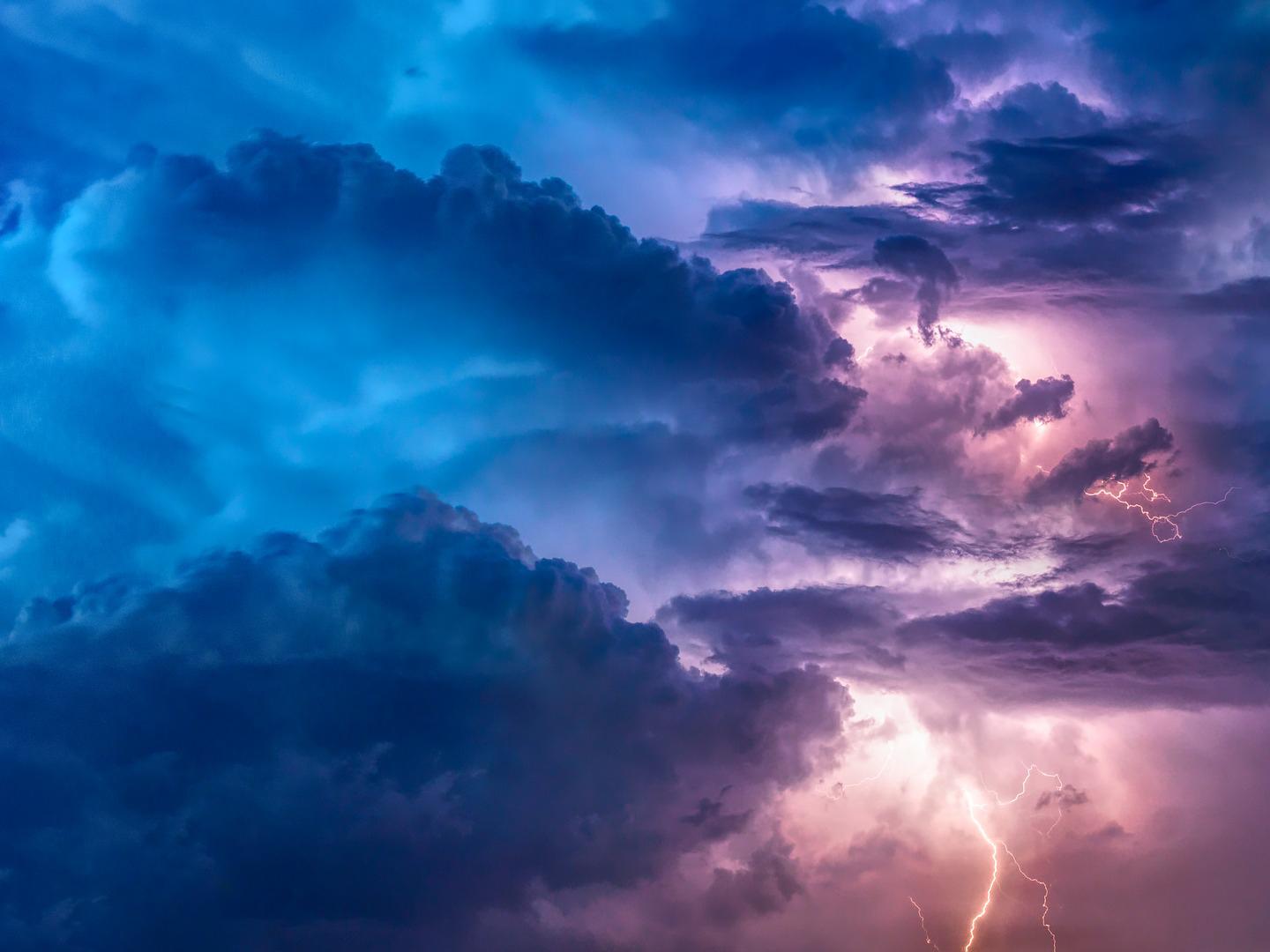Disaster Anxiety

In today's world of instant access to digital information, news and social media, it can be a challenge to keep our anxiety in check when facing global or national disasters.
In today's world of instant access to digital information, news and social media, it can be a challenge to keep our anxiety in check when facing global or national disasters.
Emergencies, disasters or health epidemics can provoke heightened stress, anxiety or fear in all of us. In normal circumstances, these feelings can tell us we need to act. But we also experience them in situations that are uncertain or unfamiliar. Taking care of our emotional wellbeing is critical as it helps us to meet any challenges we face in the healthiest way possible. We can then support ourselves and each other as we move to more predictable times.
Strategies often suggested
- Take time away from social media or mainstream news
- Take time to exercise
- Talk to friends or family
- Get enough sleep
- Meditate
- Practise relaxation techniques
- Make time to unwind
- Slow breathing
- Cut back on coffee or foods/drinks that make you feel jittery
- Plan “worry time”
- Learn from others through talking about your experiences or joining a support group
- Be kind to yourself if you are feeling anxious rather than being harsh
- Learn to plan instead of worrying
Blocks
Below you will find three common blocks (barriers and misconceptions) that can prevent us from responding calmly to natural disasters and epidemics.
-
I must keep up to date with the media
Most people will feel the pressure to be up to date as it tells us we are responsible and value wellbeing. It is important to balance this against the impact of “newsreel fatigue” and obtaining news from reputable sources. When we read distressing news, our amygdala lights up and we activate our fight/flight/freeze response and flood our bodies with stress hormones. Our bodies can’t remain in these hyper-aroused states forever so we become fatigued, overwhelmed and burnt out. Unless specifically directed by your local emergency service, checking the news once or twice a day is enough to stay up to date with developments. This then gives us the chance to refocus on things we can control as the situation unfolds.
-
Breathing isn’t going to change anything
Breathing changes everything! Yes, it won’t change the situation but it gives us the strength and resolve to take sensible and reasonable actions that help us through these times. We don’t need to go anywhere special or buy any special equipment to make use of our breath. Taking a few deep and controlled breaths is a great circuit breaker for anxiety and helps bring us back into the moment, a moment where we can choose to struggle or choose to roll with it.
-
I can’t stop worrying
Worry is our minds way of trying to find a solution. In times of uncertainty, the big solutions are still to be uncovered but discoveries happen continuously. Whilst we wait, what are the little solutions in our lives we can put into action. Accessing information from reliable sources is a great place to obtain the recommended actions during a crisis (it might be hand washing, property preparation, or changing how we connect with each other). Taking action is a really positive way of addressing worry. Try it!
Boosters
Below are three things you can do to boost success.
-
Take control
Ask yourself, “what can I have control over in this situation?” and focus in on this list. There are many individual actions which, when we all do them, impact on the outcome of disasters or epidemics. Worry doesn't disappear when we make a plan but it often reduces when we take action. We can also control how we manage our time or energy in ways that support rather than drain our wellbeing. For example, controlling time spent on social media or mainstream news, increasing creativity around how we engage in social or leisure activities and prioritising the fundamentals (eating, sleeping and hydrating).
-
Use reliable sources for information
The world is awash with information and it’s available 24/7 at our fingertips. Make your “media time” count and consult factual, unbiased sources that give you the information minus all the hype. Check out the resources list below for examples that may be relevant to today.
-
Boost your mood
Human beings can be incredible resilient, kind and generous. Responding to ourselves, our neighbours, our friends and our families with kindness and compassion reminds us that we are a community, and we can support each other. Connecting with our values, our sense of purpose and things we do for fun can really help to boost our moods. If we enjoy exercise then do something to get the blood pumping. If we are creative then make something. Don’t underestimate the humble laugh. Connect with friends or watch some comedy which can go a long way towards lifting our moods. Think creatively and utilise video calls, zoom chats, phone calls and letter writing. There are lots of inventive ways that people can connect to meet our social needs and care for our wellbeing in extraordinary times.
Need more info?
Explore other information on our website
Stress
Anxiety
Techniques
- Anxiety management techniques
- Anti anxiety audio tracks
- Smiling mind
- How to stop worrying
- Progressive muscle relaxation
Coping with health epidemics
- Coping with Covid 19 anxiety (Australian Psychological Society)
- Facing Covid (youtube video by Russ Harris)
